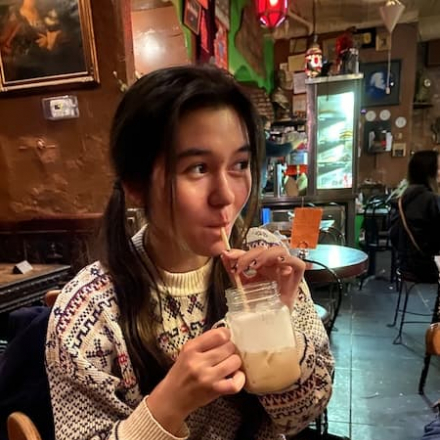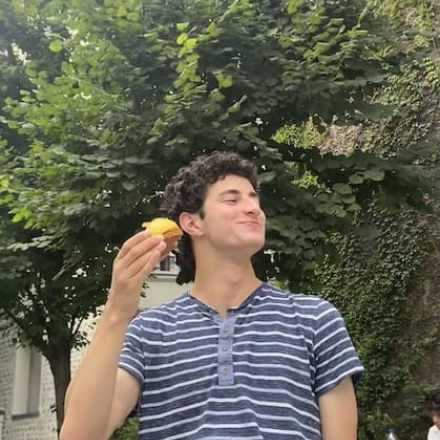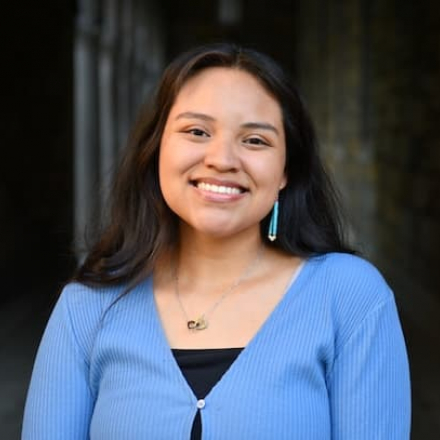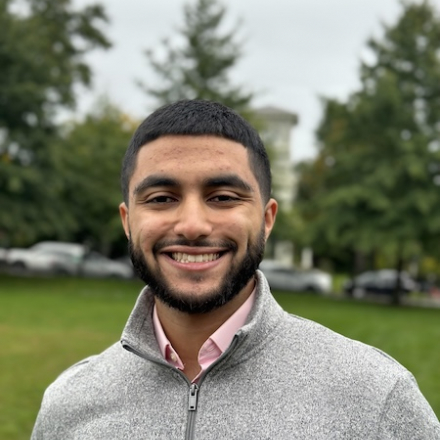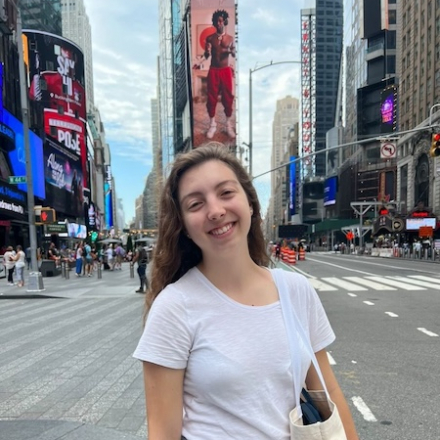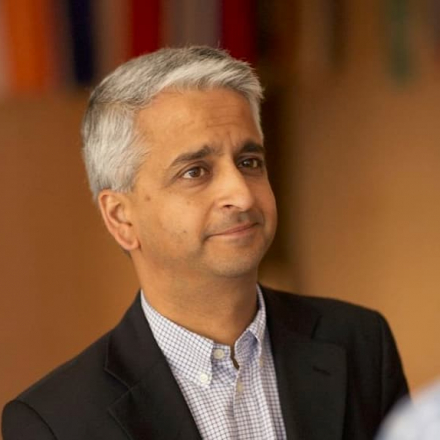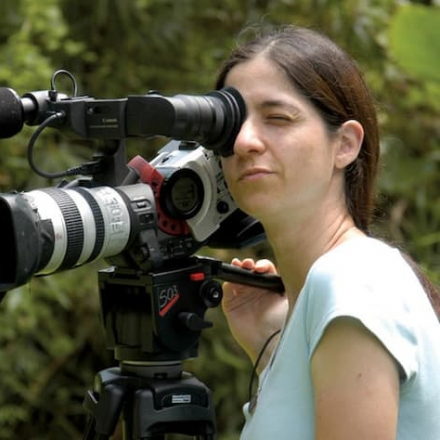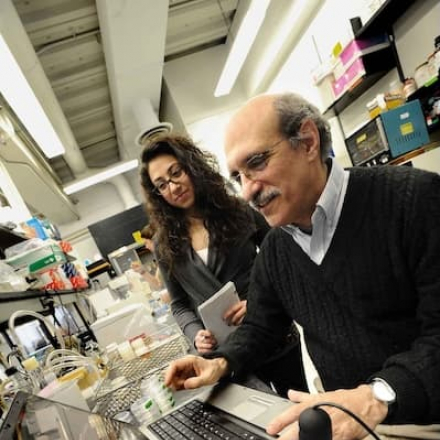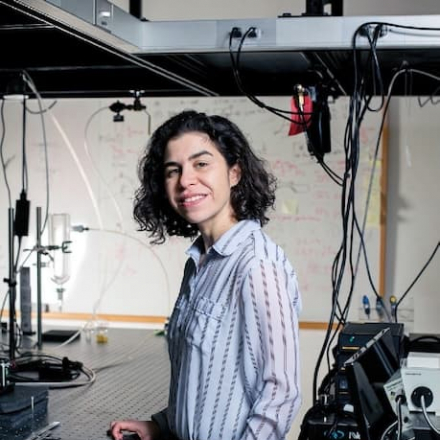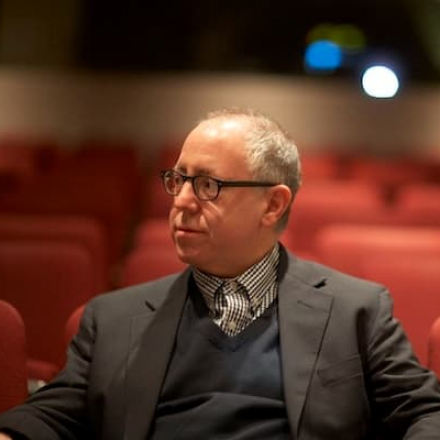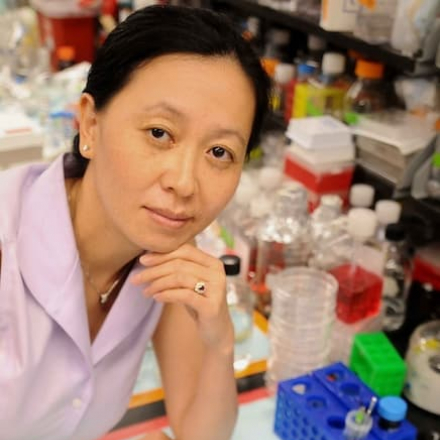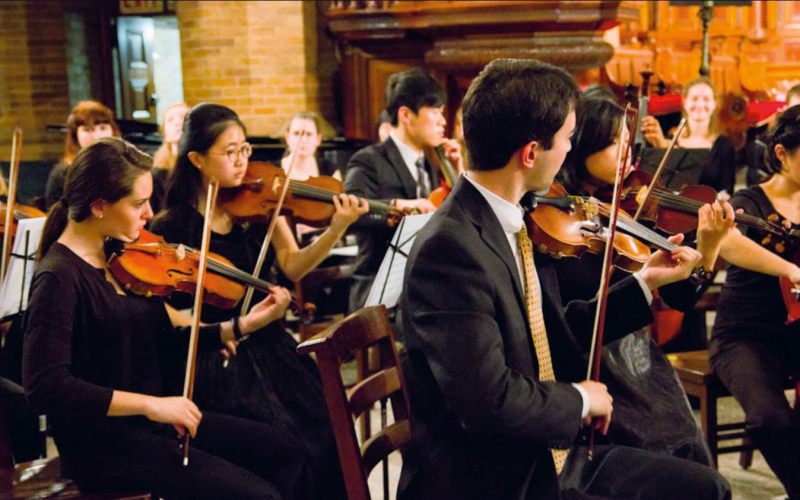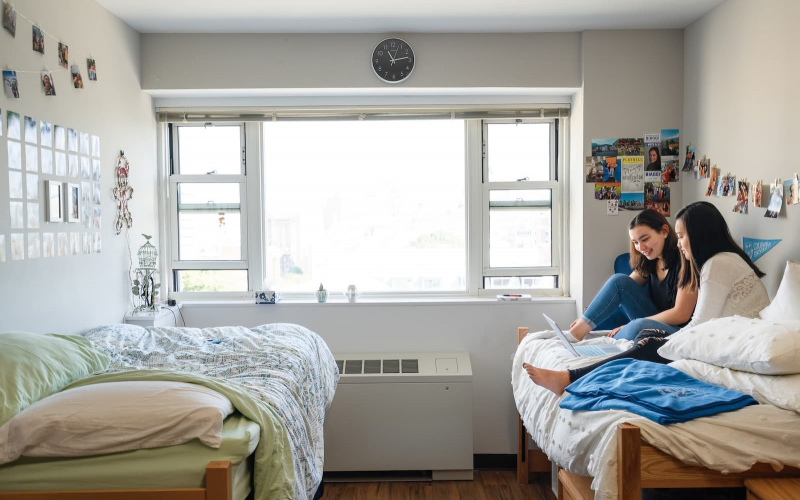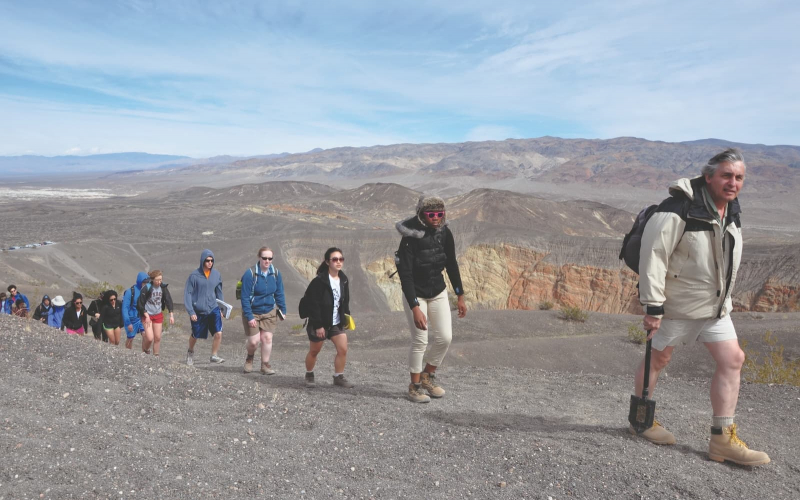From undergraduates at the beginning of a promising academic journey to groundbreaking faculty who are leaders in their fields, the Columbia community is like no other. Each individual brings multifaceted talents, perspectives and interests that contribute to a truly singular intellectual and social environment.
Find your community—and lifelong friends.
Our students come together from every background and every corner of the world to engage and explore, to seek new adventures and perspectives, to build connections and lifelong friendships, and to pursue a better world.

